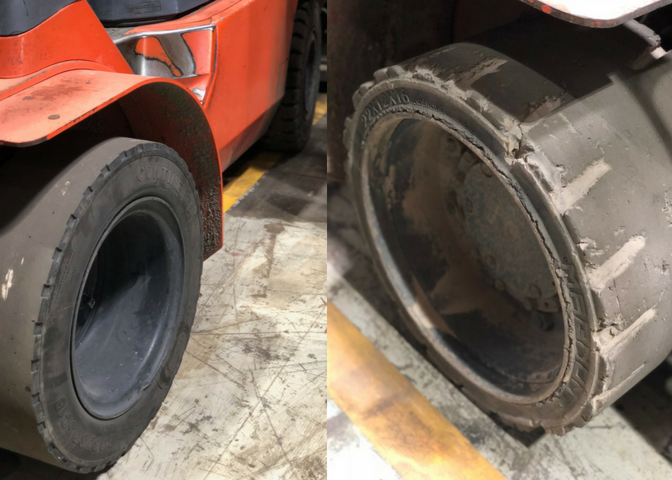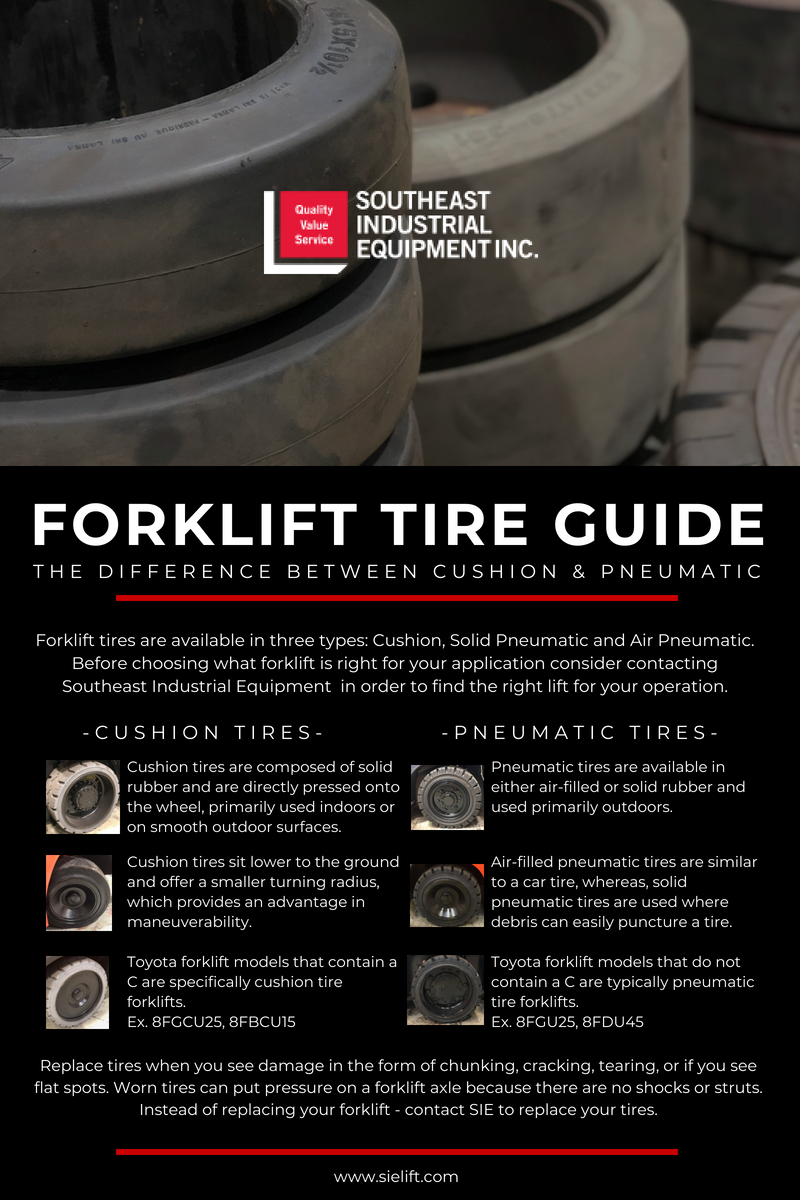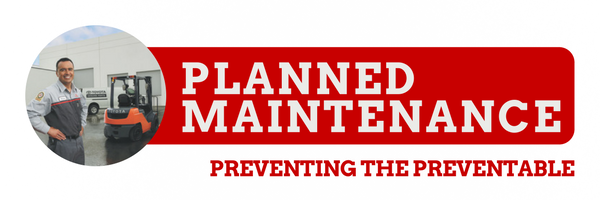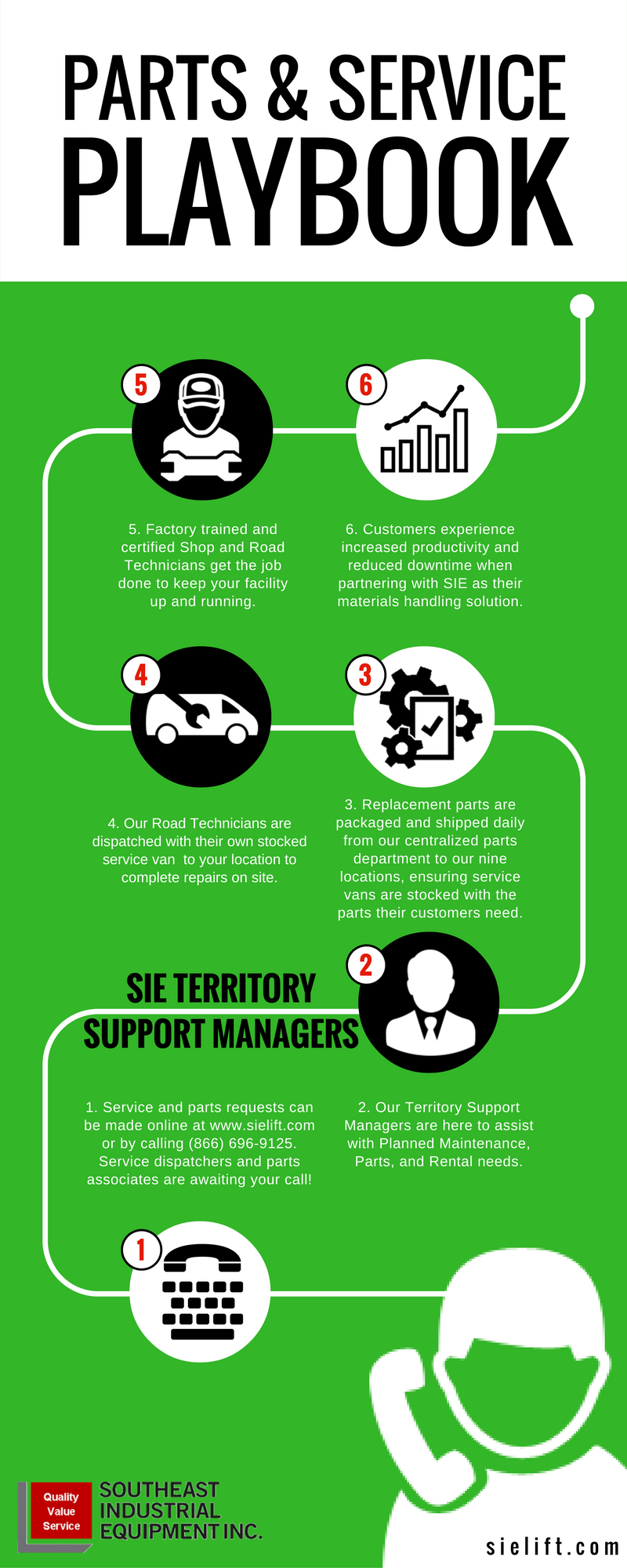Are you like most, wondering what type of tires you need for your forklift? What if you don’t know when to replace your forklift tires? These are critical factors that could save you and your company a great deal of time and money. In this blog we will cover the two main types of forklift tires and the wear and tear to look for.
Forklift tires come in three different varieties cushion, solid pneumatic and air-filled pneumatic. Cushion forklift tires are primarily used indoors or on smooth outdoor surfaces. These tires can puncture easily, therefore, they are not suited for rough terrain. Pneumatic forklift tires are similar to a car or truck tire when air-filled for more comfort. Solid pneumatic forklift tires are used in outdoor applications where debris can easily make your tire go flat. Both cushion and pneumatic tires are offered in treaded or smooth options, however, you need to be aware of the moisture around the operation in order to make an educated decision on what type of tire you will need for traction.
Worn forklift tires can cause more damage to your lift truck that you would think. The axle of your forklift is typically specific to what type of tire it should have. Forklifts do not have suspension systems so the tires absorb the weight of the truck and the load. Therefore, the more worn your tires are the more pressure is put on the axle of the forklift. In order to reduce the risk of axle and other damage to your lift trucks, tires must be part of the daily operator checklist for each unit before using them. “Did you know: after a tire has worn 40%, the forklift and the driver will absorb over 84% of the shock if it’s being run over a rough surface. The transmission has to work much harder to turn the tires the same amount of rotation, which can result in a breakdown.” – tmhnc.com/blog If an operator starts to see chunking, cracking, tearing and/or flat spots it is time to replace your forklift tires. Below is an example of tires that have worn down to the “safety line” that some forklift tires come with and an example of tire chunking.
Replacing forklift tires can be very dangerous and should not be performed but anyone not properly trained to do so. If you are in need of tire replacement services, contact Southeast Industrial Equipment at any one of our 10 branch locations throughout South Carolina, North Carolina, Georgia or Virginia. See our forklift tire guide below for more details.



